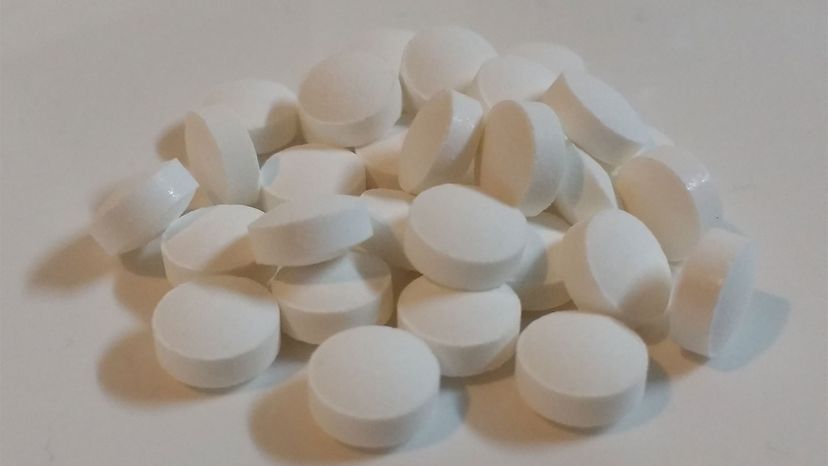
Zinc is a mineral essential to the function of the human body — it's found in every cell, as it's necessary for replicating all the cell's genetic material. It's involved in the production of at least 300 enzymes and lends a hand in hundreds of body processes, from wound healing to digestion.
Unfortunately, our bodies don't produce zinc, and we should be getting since in our diet daily. Zinc occurs naturally in meats and seafood — especially oysters — and in grains and beans, to a lesser degree. It's in most multivitamins and is liberally used in fortified breakfast cereals. In the 1980s, zinc became a household word as an ingredient in sunscreens that turned your skin white, and in the 1990s an ingredient in cold lozenges, purported to shorten the length of a cold.
Advertisement
And though zinc earns its stripes by promoting immune function, supporting healthy cell growth and development, and even slowing down the progress of age-related vision loss in all human bodies, zinc is especially important for men. While the recommended dose for most woman is 8 milligrams per day, most adult men should be getting 11 milligrams per day, because of zinc's role in maintaining prostate health, testosterone levels and overall sexual health [source: NIH].
Read on to learn 10 reasons why zinc is so important for men in particular.
